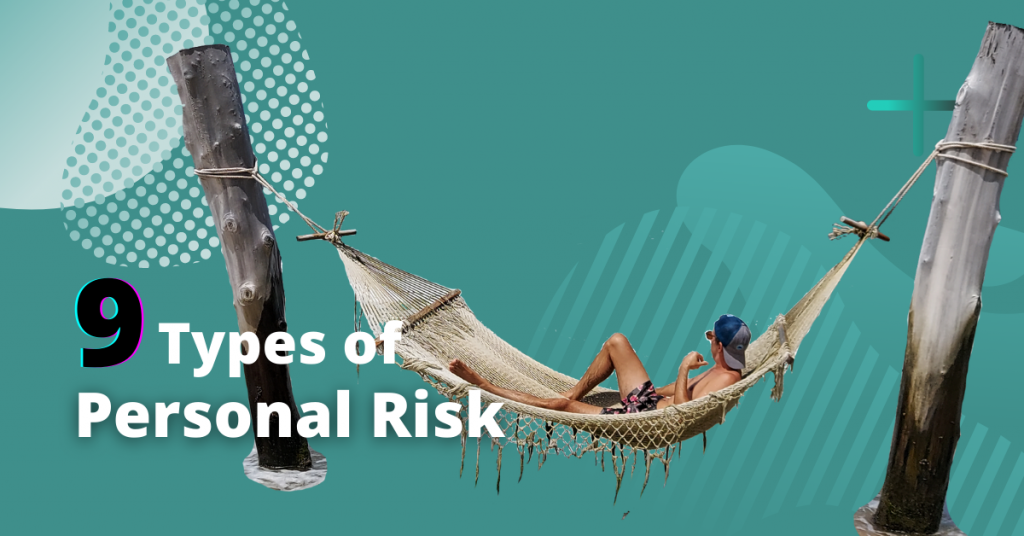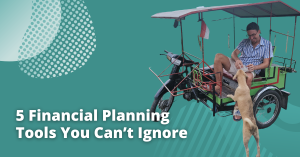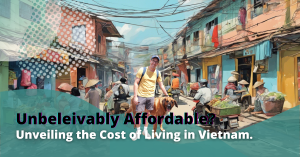I was debating whether to write an article on physical risk or financial risk but as this site is about personal finances I thought I would try to combine the 2; and, so, this article on personal risk was born.
What is risk? By definition, a risk is exposing someone or something of value to danger, harm or loss. So personal risk would simply be anything that exposes you, or something you hold of value, to danger, harm or loss.
While we all know that risk exists, few people actually try to do anything to mitigate the risks that they face. This is due to ignorance but it is also quite commonly due to lack of awareness or understanding. While I won’t cover personal risk management strategies here, we do need to know what types of risk we may face physically and financially. Subsequently, by identifying risks that we face we can implement strategies to offset or reduce the likelihood of those risks causing us personal loss.
While it’s not always easy to identify the risks that might personally affect you, I have listed 9 important types of personal risk below that you will in all likelihood face.
9 Types of Personal Risk
Physical harm
Risk surrounding physical harm is pretty straightforward and can come in many shapes and sizes. Most often physical harm relates to accidents and can range from a sports injury to a car accident, but it can can also be criminal in nature and come in the form of assault.
Health risk
When we talk about health risks we usually mean medically related conditions that we have either caught or developed and that impacts our personal health. Whether acute or chronic in nature, health risks should never be taken lightly. Ample studies have shown that chronic conditions are becoming more prevalent in our society and, statistically speaking, the question “when will I develop a chronic condition?” is now more pertinent than “will I develop a chronic condition?”.
Raghupathi W, Raghupathi V. An Empirical Study of Chronic Diseases in the United States: A Visual Analytics Approach. Int J Environ Res Public Health. 2018;15(3):431. Published 2018 Mar 1. doi:10.3390/ijerph15030431
Financial loss
It doesn’t matter how careful we are, at some point most of us will suffer financial loss through some form of financial crime such as a scam, banking fraud or card skimming (credit card cloning). Sadly, most financial crimes are not as obvious as the Nigerian Prince scam, and it isn’t uncommon to lose money by lending it to a friend or acquaintance, or investing in someone’s business, with the promise of getting more in return.
Risk of income
As mentioned in my The 5 Components of Personal Finance article you can have many streams of income. The specific risk of income you might then face will be directly related to that source of income. The personal risk for your earned income (salaried job) could be losing your job or being automated out of your position by a machine or AI. Alternatively, you could have a loss of rental income if a tenant loses their job or your rental property stands vacant for an extended period of time.
Property loss and damage
Property loss or damage relates to any personal property that you own. It can be a house, apartment, furniture, appliances, laptops, PCs, mobile phones, you name it. There is a very real risk that any of these items could be damaged and if they are they would in all likelihood be costly to replace. It’s not a matter of if these items will be lost or damaged, but when; as such the risk of property loss needs to be taken very seriously. If not, you’ll likely end up losing a significant amounts of your savings or having to take on bad debt to survive the loss.
Reputational risk
While this risk may be more relevant for freelancers/consultants/contractors, it is also a personal risk which may affect an employee as well. A few mishaps, missed deadlines or negative reviews, whether at fault or not, can significantly impact your ability to make money, keep clients, keep your job or successfully find new employment.
Risk of inflation
In financial terms, inflation risk is the risk that the purchasing power of your investment returns will be reduced by increasing inflation. Simply put, and ignoring the investment returns aspect, the risk of inflation is the risk that your saved money and the money you earn will be worth less every year as the prices of products increase.
Consider the example that in year 1 you earn $10/hour and the cost of a coffee is $3. If in year 2 the cost of the coffee has increased $3.50 (a ~16.5% increase) but your salary has only increased to $11/hour (a 10% increase), then you are getting beaten by inflation. Then also take into consideration the money you have stashed in a savings account only pays you 0.75% interest and you’ll notice that the risk of inflation is very real. If this continues year on year your financial future would be in jeopardy.
Liquidity risk
Liquidity risk in terms of loss is the risk of incurring substantial payment obligations that outweigh the amount of liquid cash you have available. This means that you might not have enough accessible cash to pay for major expenses. If you are in a situation where this becomes a reality, you will most likely have to take on debt to survive. There are several causes of liquidity risk: most come in the form of not having adequate plans against other types of risks, but many also arise from poor financial habits and low financial IQ.
Market/systemic risk
There is not much that can be done about this risk, but just like any other personal risk it needs to be identified, known and planned for. Systemic, or market risk is the risk of collapse of the entire financial system or market, rather than a risk to a specific company or industry sector. When the entire stock market crashes like in ‘08/’09, many will panic and lose significant amounts of their investments. However, the more you know about the subject the less likely you are to panic and make poor financial decisions.
Perception of risk
Those are the top 9 types of personal risk that I believe everyone will face in their lifetime. The real question then begs to be asked: how many types of risk are we actually likely to face? Most will say that it depends on who you are as a person. That it comes down to if you as an individual are incredibly risk averse, or willingly take on more risk.
However, I argue that it actually comes down to the perception and understanding of personal risk, as opposed to if somebody knowingly accepts more risk than someone else. I say this because I truly believe that the vast majority of people who put themselves in riskier positions, simply don’t perceive that the risk they’re exposing themselves to is real.
For example, I know individuals who invest large amounts of money in crypto, but won’t get life insurance to guarantee the financial safety of their dependents should they pass away. To them, the perceived odds of making money from crypto are high, while the odds of them leaving their families in trouble are slim. But are they? And, even if they are, what is the real loss value if they are wrong on either account?
Taking personal risk seriously
As I have worked in the insurance industry and financial sector for a long time, I do a accept that risk may be more of a real concept to me than to others.
I have witnessed property loss from storms, flooding and earthquakes; investigated international financial crime, identity theft and insurance fraud; substantiated personal injury and disability claims; seen how poor financial habits have forced families into debt; and, helped a number of people who have suffered from bad risk management get on top of their financial health. What most of these people had in common was that no-one thought it would happen to them.
Luckily, some took the risk of loss seriously and had some form of risk management strategy in place to protect them against the loss. Others did not. It doesn’t take much to know who were better off in the long run. So the next time you perceive yourself free from personal risk, double check and make sure. It is better to have identified and planned for a risk in vain, than to be caught unprotected.


